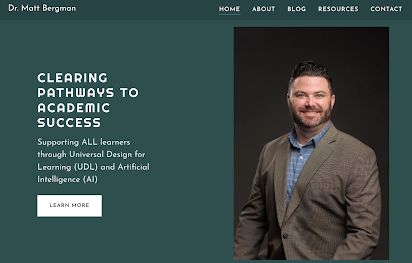Last night kicked off ISTE 2015 in Philadelphia, PA. Thousands of audience members had the privilege of listening to an eclectic mix of speakers; however, speaker Soledad O'Brien's presentation on leveling the playing field and addressing poverty in technology was impressive. Ironically, I will be presenting on the same topic on Wednesday, July 1 from 11:45 - 12:45 pm. I will be sharing my experiences on Using Technology to Address The Needs of Students Living in Poverty in PCC 120B.
Here are some thoughts from Soledad's presentation:
"It's not about the technology, but how the technology is being used"
Anytime that you talk about technology, there is always the temptation to use technology to use it. I agree. Many of my teacher friends are tempted to have students use 50 Apps, but they don't use them well. Technology should be used to promote higher-level thinking, creativity, and overcome barriers. We can accomplish this if we use 5 Apps very well.
According to brain research from CAST and my personal philosophy, technology should be used to help overcome high-probability barriers and provide students with alternative ways to represent material, demonstrate knowledge, and engage students. See more on UDL framework.
Technology inequality is the next civil rights issue
Poverty is an issue that impacts us all and unfortunately the rich are getting richer and the poor are getting poorer. If technology is the great equalizer, we need to find creative ways of getting it into the hands of our students living in poverty. I have heard many creative ways it can be accessed in the classroom.
Old cell phones can be used to gain access to WiFi, grants are available from large organizations and credit unions, and many of our students have devices in their hands, despite not being able to pay for food.
Subscribe to:
Post Comments (Atom)
New Learn Lead Grow Home!
Hello readers! Happy New Year! It’s hard to believe that 15 years have passed since I launched my Learn Lead Grow blog. As we step into a n...

-
I am a big fan of Eduprotocols. If you are not familiar with this innovative and engaging way of infusing technology and pedagogy together, ...
-
Whether you are planning a face-to-face lesson or remote learning experience, it is important to design learning experiences with accessibil...
-
The Frayer model is one of my favorite tools for building student vocabulary. Whether you are face-to-face or in an online environment, bui...




No comments:
Post a Comment